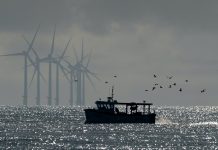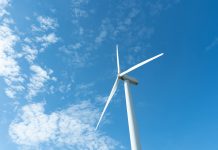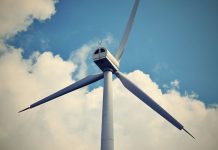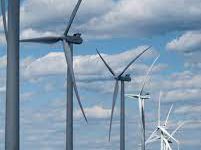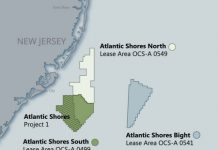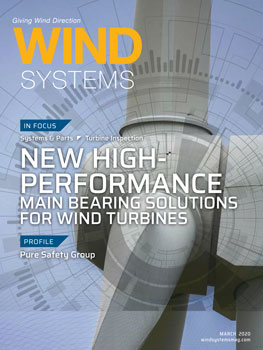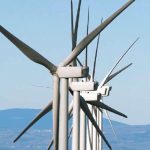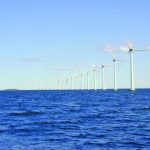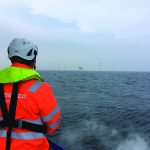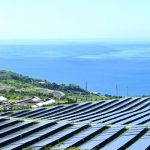The latest data released by the Global Wind Energy Council (GWEC) shows North, Central, and South America and the Caribbean installed 13,427 MW capacity of onshore wind power in 2019, an increase of 12 percent on the previous year, which saw 11,892 MW installed.
In North America (Canada and the U.S.), new capacity additions grew by nearly 18 percent compared to 2018. In Central and South America and the Caribbean, new capacity additions decreased by 5 percent compared to 2018. Overall, this means that the region has tripled its wind-power installations since 2010, showing the immense progress made by wind energy as a leading power source in the Americas.
In North America, the U.S. saw an installation rush last year with nearly 10 GW installed. This was driven primarily by the Production Tax Credit (PTC) phase out and is expected to continue driving installations in 2020, while the recently approved one-year PTC extension is likely to create a new installation rush in 2024. In Central and South America and the Caribbean, strong growth has occurred in key markets such as Mexico, Argentina, and Brazil. However, the outlook for wind power in the next two to three years in some of these markets — namely Argentina and Brazil — is threatened by regulatory and political challenges.
Key insights from the data include:
- Leading countries in the region for 2019 include: U.S. (9,143 MW), Mexico (1,284 MW), Argentina (931 MW), and Brazil (745 MW)
- The U.S. installed its third largest volume of onshore wind in 2019 at 9 GW, just behind its previous records of 10 GW in 2009 and 13 GW in 2012, reaching a total of more than 105 GW.
- The offshore market in the U.S. is progressing, with first large-scale installations expected in 2022-2023 and more than 10 GW expected to be built by 2026. Brazil is also looking to tap into the offshore market and has the potential to deploy as much as 700 GW of offshore wind, according to a roadmap for offshore wind released by the country’s Energy Research Office (EPE) in January 2020.
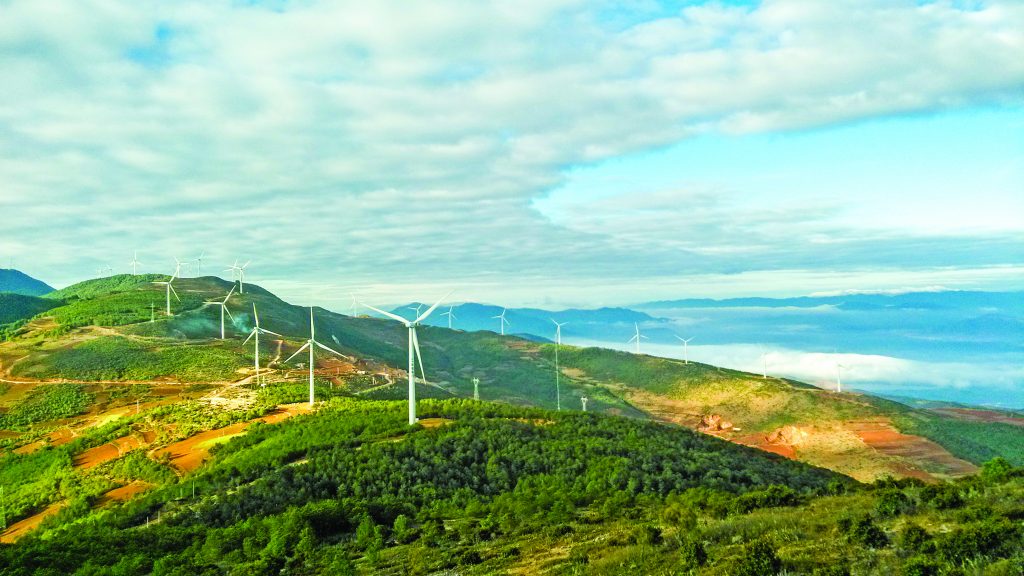
“It is encouraging to see that installation levels for wind energy in the Americas are continuing to rise,” said Ben Backwell, CEO of GWEC. “However, policymakers need to be doing more to accelerate these volumes and take advantage of the full potential wind power has to offer. Meanwhile, the ongoing trade war between the U.S. and China continues to constitute a threat for the industry, as tariffs on steel and aluminum, which make up about 90 percent of wind turbines, put price pressure on the U.S. supply chain and risk increasing wind-power projects by as much as 10 percent.”
“Latin America has massive potential for wind energy, and we have seen many countries in the region emerge in recent years as renewable energy leaders through auctions, which have delivered wind energy at some of the most competitive prices globally,” said Ramón Fiestas, chairman of GWEC’s Latin America Committee. “New markets such as Colombia, which successfully executed its first renewable energy auction in 2019, and existing ones like Chile, which saw a record year installing 526 MW, show that there is still great untapped potential in the region. Yet, with the cancelling of planned auctions and changes to the clean-energy credits scheme in Mexico in 2019 as well as political and economic shifts in Argentina leading to uncertainty for future auctions, these key markets risk losing the momentum which they have worked so hard to create and missing out on a massive opportunity to transform their energy systems to cleaner and cheaper wind power.”
These latest figures released by GWEC form the statistical release of the Global Wind Report. The Global Wind Report is GWEC’s flagship publication and the industry’s most widely used source of data. The complete report provides a comprehensive snapshot of the global wind industry and an overview of trends such as the growth of offshore wind, corporate sourcing and changing business models. The full report will be released in March.
GWEC is a member-based organization that represents the entire wind-energy sector. The members of GWEC represent more than 1,500 companies, organizations, and institutions in more than 80 countries, including manufacturers, developers, component suppliers, research institutes, national wind and renewables associations, electricity providers, finance, and insurance companies.
More info gwec.net




